I’ve already shared the best writing book ever in my humble opinion. But there are a few other formative writing books that I wanted to share with you in case they’re helpful. They’ve all shaped my writing journey and helped me to further my writing insight and skills.
The Artist’s Way by Julia Cameron
My first job out of university was in corporate consulting. I put on the suit every day, got on the train every day and pursued, what I thought, was a solid career path.
I didn’t realise it at first, but with every day I spent in that job, my true essence was slowly dying until I couldn’t stomach putting on that suit, getting on that train and climbing the corporate ladder one day more.
Around that time, I was browsing in a bookshop and Julia Cameron’s The Artist’s Way caught my eye.
I went diligently through the book, chapter by chapter, doing the morning pages, the artist’s dates and the journalling and reflections, until my creative self came back to life and I quit the corporate world, never to return.
This is a classic for a very good reason.
When people ask me what I do, I usually answer, “I’m a writer-director and I teach these creativity workshops.”
The last one interests them. “How can you teach creativity?” they want to know. Defiance fights with curiosity on their faces.
“I can’t,” I tell them. “I teach people to let themselves be creative.”
Writing Down the Bones by Natalie Goldberg
The next classic writing text to cross my path was Natalie Goldberg’s Writing Down the Bones.
I LOVED this book. It made me feel like this is how writing can happen, this is the writing life. It ignited a fire that kept burning even when I tried to drown it out with other responsibilities and non-writing career aspirations.
Natalie Goldberg instilled in me beginner’s mind, keeping the hand moving, filling notebook after notebook, writing in cafes and lounge rooms and libraries, and any place, really, committing to the writing task.
I love the energy of this book, the zen principles, the devotion to writing being a practice, a lifestyle, a loving relationship. Its lessons have never left me.
Writing practice embraces your whole life and doesn’t demand any logical form…It’s a place that you come to wild and unbridled, mixing the dream of your grandmother’s soup with the astounding colours outside your window…Think of writing practice as loving arms you come to illogically and incoherently.
Bird by Bird by Anne Lamott
The next writing inspiration book I discovered gave my writing more form. I was enticed by Polaroids, index cards and short assignments.
I lapped up Anne’s advice on dialogue, set design and character, and I longed for, and then found, a writing group of my own.
She added rigour to my writing and a greater sense of style and substance. I appreciated the vignettes about her own writing life and I wanted to create my own version, a writing life that was as poignant and potent.
The very first thing I tell my new students on the first day of a workshop is that good writing is about telling the truth. We are a species that needs and wants to understand who we are…We have so much we want to say and figure out…But after a few days at the desk, telling the truth in an interesting way turns out to be about as easy and pleasurable as bathing a cat.
A Passion for Narrative by Jack Hodgins
I loved the premise and promise of this book: One good sentence after another. As though, if I could master this principle, I could be a writer.
It’s true enough but fortunately, this book also explores creative writing fundamentals such as setting, character, plot, structure and point of view. And it unpacks how metaphor, symbols and allusions can be used to create connections through the narrative.
Hodgins encourages the combination of what he calls the novelist’s reservoir - anecdotes, snatches of dialogue, haunting images - with fiction as art - ordering events, calculating and creating effects and choosing the most effective point of view.
I liked the symbiosis of these two elements, along with the premise and promise of striving for one good sentence after another.
From the fiction writer’s point to view, the world is constantly offering up material rich in story potential. Overheard conversations, anecdotes told by friends, someone observed on the street, ideas suggested by a mood of a place, memories of people who have touched our lives - our days are filled with these possibilities.
The Little Red Writing Book by Mark Tredinnick
This is a beautiful book that gets more granular with writing. We go into the rhythm of words strung together, the craft of the sentence, shaping thoughts, encompassing style and poise.
Mark brings a beauty to his own writing and encourages us to do the same. Writing here is meaning making but also tone and voice and sound and patterning.
He made me want to pay more attention to words earning their place on the pageand honouring words as vehicles for full expression.
After reading this book, I really wanted to strive to develop my technical skills so I could become a much better writer.
The reason one writes - the thing that makes a work endure, if it does - is all that cannot be reduced to plot. Story includes the narrative. But it is not reducible to it. Long after you’ve forgotten most of what happened, a good book will still be happening to you. That’s the real narrative: the way it moved you and moves you still.
Wild Words by Nicole Gulotta
I discovered this book when I was on holidays in January 2020. Yes, that year, a couple of months before everything was about to change. I couldn’t have asked for a better writing companion.
There’s so much gentle wisdom in this book. It’s most important message? Writing having its seasons.
Instead, of churning out books, production-line style, we can respect the season of beginning, the season of being between projects, the season of being more visible as a writer, the season of retreating.
It offers a way to be more respectful of and in tune with the creative process. I loved this book.
At the start of every new writing project, ideas are planted in dark, nourishing soil. When energy abounds, we embody messy first drafts, delight in fresh sentences, and learn to write in the margins.
***
What books have shaped your writing practice and your sense of being a writer? Comment below!






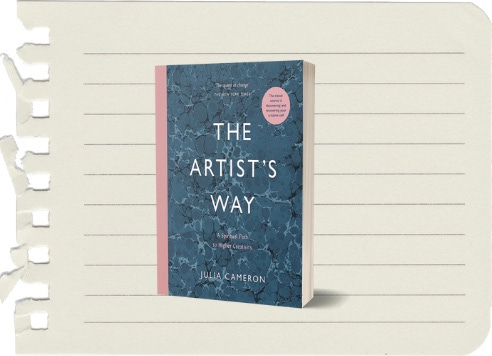
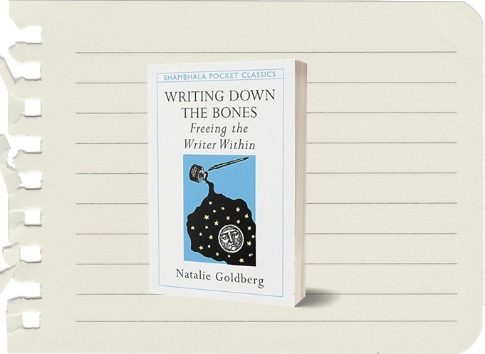
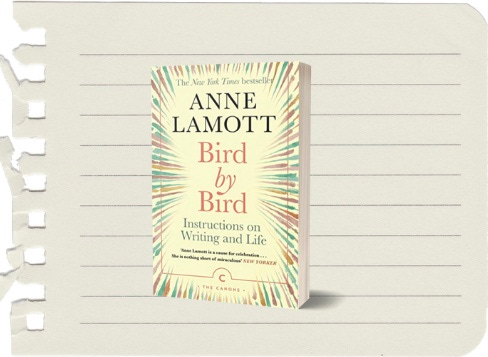
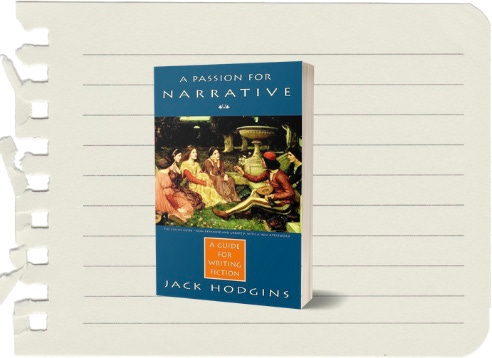
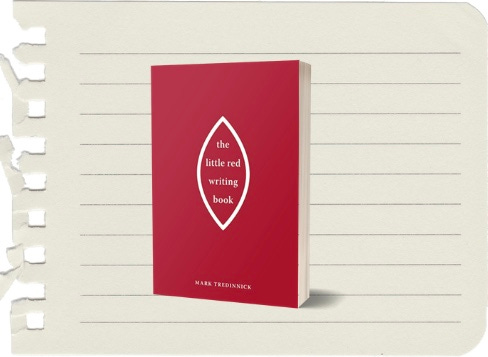
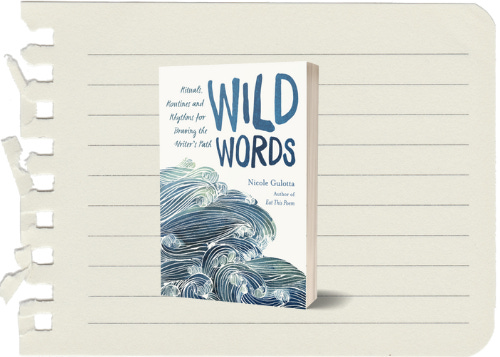

I’ve been meaning to go back to On Writing - thank you for the nudge! And I do agree that writing is a mix of art and science. Just need to stay in the process!
I started writing just because I wanted to write. I can do this, I thought, while reading, I can do this better....(the quality of what I read wasn’t great back then). So I learned to just start. I still do. First word, first chapter and go from there, blindly. I have no idea what comes next, what the hell she had for breakfast or why she would say such a nasty thing to him out of the blue. I have tried to steer, but it doesn’t work. Thinking ahead, mapping, plotting, analysing all come after the writing.
Stupid of me, but I discovered there were books on writing way too late. I just didn’t occur to me. But this is also forty years ago. Since I have read a few and most didn’t bring me much. Story, on screenwriting, was good, it helped my editing, deepened my appreciation for filmscripts.
I loved Stephen King ‘On Writing’ he gave me a real push. Upping the painting of scenes, making it clearly visible, omitting everything not helping. And speeding up, action, making things happen....he gives several great examples of how he improves a first draft...he admits not knowing why stuff happens as he writes it, leaving it to ripen and then go back to polish the thing, lay more emphasis, delete what is obsolete....and read, read, read....